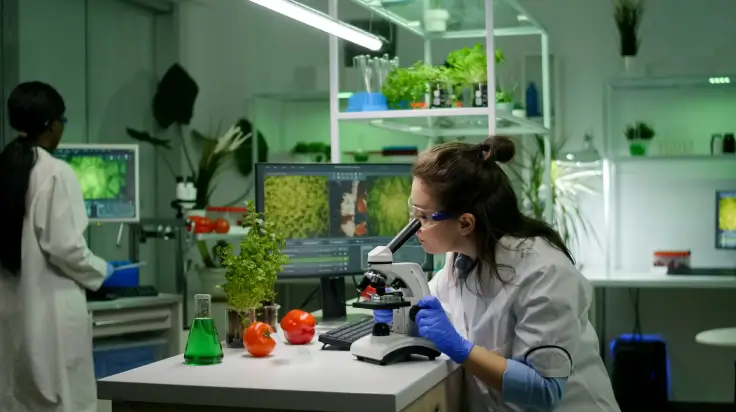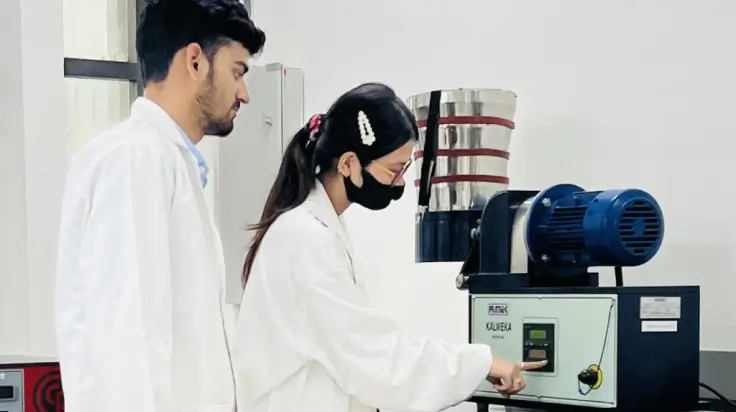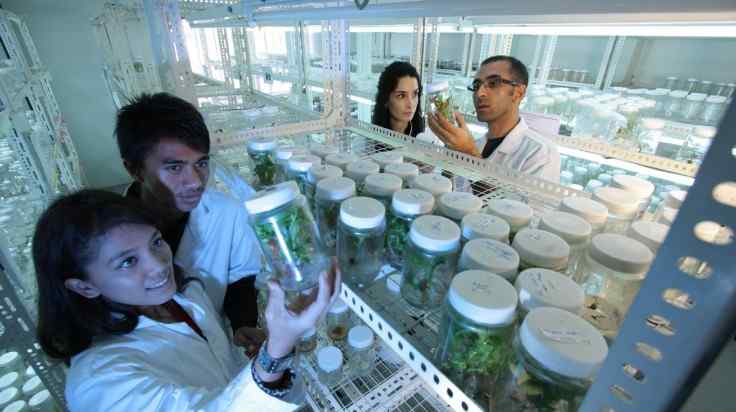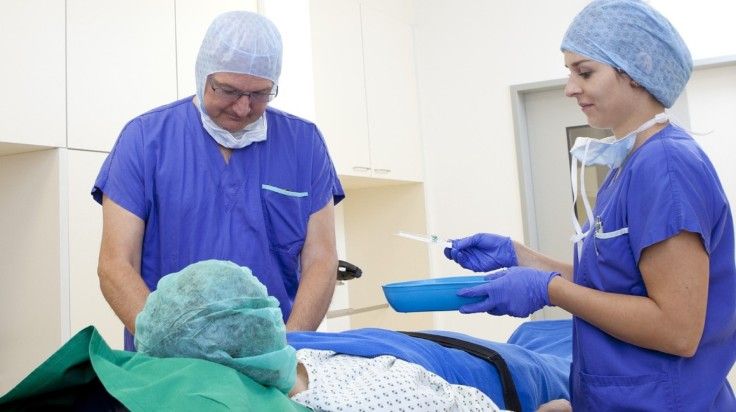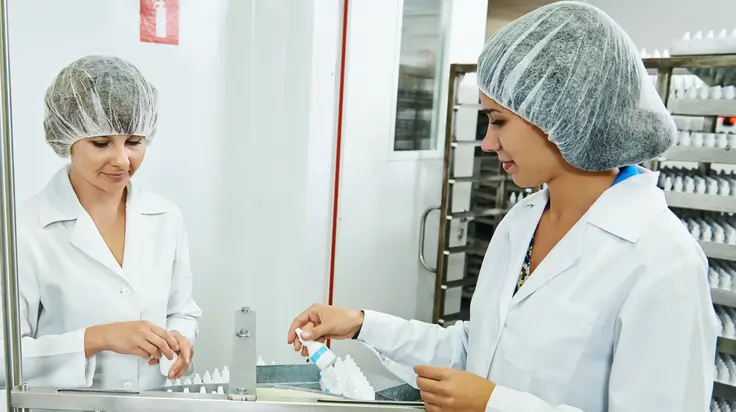BSc Biotechnology vs BTech Biotechnology: Key Differences & Benefits
- UPES Editorial Team
- Published 04/03/2025
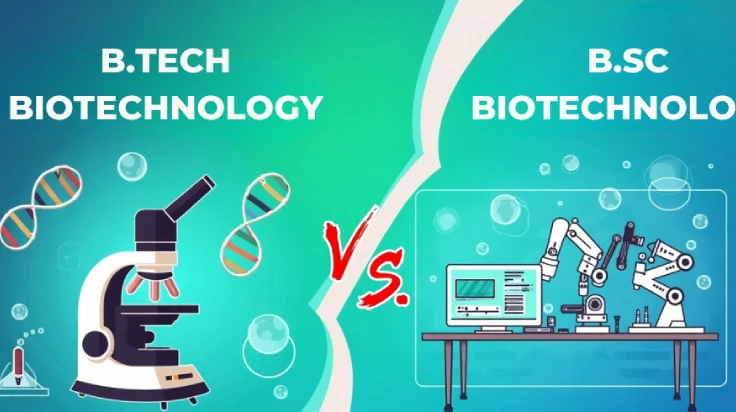
Table of Contents:
Biotechnology is a multidisciplinary field that bridges biology and technology to develop solutions in healthcare, agriculture, and the environment. Students often face a dilemma when choosing between BSc Biotechnology and BTech Biotechnology. While both programs offer insights into the world of biotechnology, their course structure, specializations, and career prospects vary significantly. This blog explores the difference between BSc Biotechnology and BTech Biotechnology, helping you decide which path is better for your aspirations.
Become future-ready with our Health Sciences & Technology programs
Know MoreDifference Between BSc Biotechnology and BTech Biotechnology
Choosing between BSc Biotechnology and BTech Biotechnology requires a clear understanding of their objectives, structure, and outcomes. Both programs offer rewarding career paths, but their focus areas differ significantly.
| Criteria | BSc Biotechnology | BTech Biotechnology |
| Program Duration | 3 years | 4 years |
| Focus Area | Theoretical knowledge with practical lab work | Engineering and applied aspects of biotechnology |
| Eligibility | 10+2 with Science (Biology mandatory) | 10+2 with Physics, Chemistry, Mathematics/Biology |
| Course Objective | Focuses on biological sciences and research | Emphasizes technology, engineering, and innovation |
| Approach | Research-oriented | Research-oriented |
| Career Scope | Research and academic roles | Engineering, industrial, and applied research roles |
Understanding the difference between BSc Biotechnology and BTech Biotechnology helps you choose a program aligned with your skills and career aspirations.
Similarities Between BSc Biotechnology and BTech Biotechnology
While there are clear differences, BSc Biotechnology and BTech Biotechnology share several similarities, particularly in their foundational subjects and skill-building approach.
- Both programs cover core topics like genetics, microbiology, molecular biology, and bioinformatics.
- Practical lab work and research methodologies are emphasized in both degrees.
- Career paths often overlap in fields like pharmaceuticals, agriculture, and environmental science.
These similarities ensure that both programs provide a strong foundation in biotechnology, making a viable option depending on your interests.
Course Structure & Comparison
The course structure of BSc Biotechnology and BTech Biotechnology reflects their unique focus areas. While the former is research-driven, the latter integrates engineering principles with biology for practical applications.
BSc Biotechnology
- Core Subjects: Biology, Biochemistry, Molecular Genetics, Plant and Animal Biotechnology.
- Emphasis: Research methods, experimental biology, and theoretical understanding.
- Specializations Offered: Microbial Biotechnology, Environmental Biotechnology, Agricultural Biotechnology.
BTech Biotechnology
- Core Subjects: Bioprocess Engineering, Genetic Engineering, Computational Biology, Industrial Biotechnology.
- Emphasis: Engineering applications, design, and technology.
- Specializations Offered: Biomedical Engineering, Industrial Biotechnology, Bioinformatics.
Whether you prefer research or application, understanding the difference between BSc and BTech Biotechnology helps you align your academic path with your professional goals.
Future Career Scope
A degree in biotechnology opens doors to exciting career opportunities. However, the scope of BSc Biotechnology leans more toward research and academia, while BTech Biotechnology scope emphasizes industrial and technological applications.
BSc Biotechnology Scope
- Fields: Research, academia, clinical labs, and agriculture.
- Jobs: Research Assistant, Lab Technician, Quality Control Analyst.
- Higher Studies: MSc Biotechnology, MSc Microbiology, or PhD programs.
BTech Biotechnology Scope
- Fields: Industrial biotechnology, pharmaceuticals, bioengineering, IT applications in biotech.
- Jobs: Bioprocess Engineer, Biotech Consultant, Product Manager.
- Higher Studies: MTech Biotechnology, MBA (Biotechnology Management), or PhD.
Both degrees offer robust career prospects, but your choice depends on whether you’re more inclined toward research or industry-focused roles.
Skills Acquired Through These Programs
Pursuing a degree in biotechnology equips students with critical skills that are valuable in various industries.
- BSc Biotechnology: Develops expertise in research techniques, biological analysis, and lab work.
- BTech Biotechnology: Provides skills in engineering, problem-solving, and bioprocess design.
These skills prepare graduates to tackle challenges in healthcare, agriculture, and industrial biotechnology.
Salary Comparison
Salaries for biotechnology graduates depend on their degree and specialization.
- BSc Biotechnology: Entry-level salaries range from ₹3–5 LPA, ideal for roles in research and academia.
- BTech Biotechnology: Entry-level salaries are higher, ranging from ₹4–8 LPA, with senior roles exceeding ₹15 LPA.
While BTech Biotechnology scope in India often leads to higher-paying jobs, both programs can lead to lucrative careers with experience and additional qualifications.
Industries to Work In
Both programs allow graduates to work in diverse industries, leveraging their biotechnology expertise.
- Industries for BSc Graduates: Research labs, clinical testing centers, agricultural research, and NGOs.
- Industries for BTech Graduates: Pharmaceutical companies, bioengineering firms, and IT-enabled biotech companies.
Whether research-oriented or industry-focused, biotechnology professionals contribute to solving global challenges.
Which is Better: BSc Biotechnology or BTech Biotechnology?
The decision between BSc Biotechnology and BTech Biotechnology depends on your career aspirations.
- Choose BSc Biotechnology if you’re inclined toward research, academics, or biological sciences.
- Opt for BTech Biotechnology if you aim to work in engineering, industrial applications, or technology-driven roles.
Both degrees have their merits, so assess your interests and long-term goals before deciding.
Key Aspects to Consider Before Choosing
Before making a choice, consider the following factors:
- Career Goals: Research vs. industrial applications.
- Program Duration: BSc (3 years) vs. BTech (4 years).
- Eligibility: Mathematics is mandatory for BTech.
- Higher Studies: Consider the ease of transitioning into MSc, MTech, or MBA programs.
Making an informed decision ensures you align your education with your aspirations.

Our counsellors are just a click away.
Conclusion
Whether you choose BSc Biotechnology or BTech Biotechnology, both paths lead to exciting opportunities in a rapidly evolving field. While BSc Biotechnology scope caters to research and academics, BTech Biotechnology scope in India emphasizes industrial applications and innovation.
Ultimately, the choice depends on your interests, skills, and career goals. With the right degree, you’ll be well-equipped to make significant contributions to the world of biotechnology. Choose wisely and embark on a fulfilling journey in this dynamic field!
UPES Editorial Team
Written by the UPES Editorial Team
UPES Admission Enquiry
Subscribe to UPES Blogs
Join our community for exclusive stories, insights, and updates
By clicking the "Subscribe" button, I agree and accept the privacy policy of UPES.












